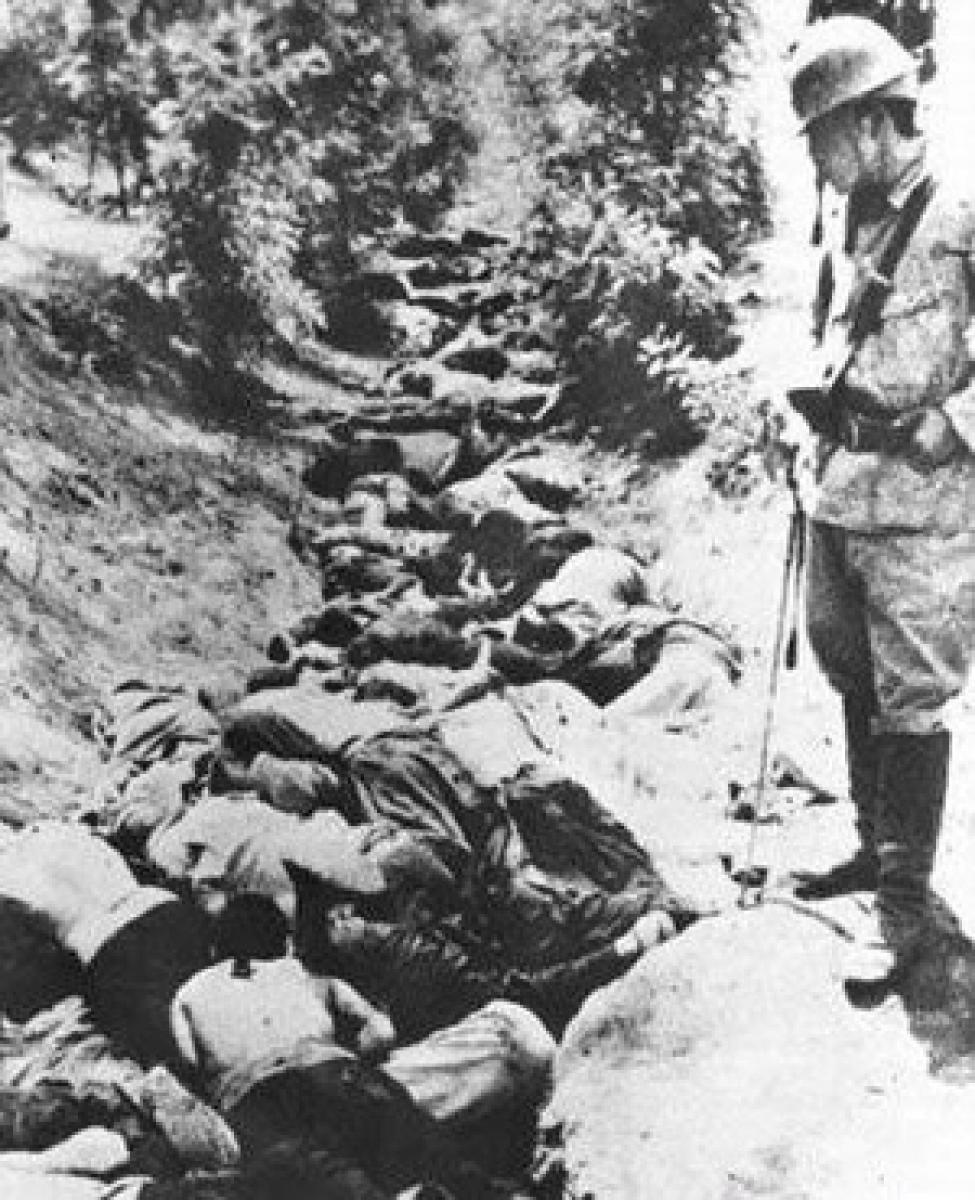Live
- Health School programme rolled out in Adilabad
- Musk names Microsoft as defendant in amended lawsuit against OpenAI
- Vishwak Sen Shares His Disappointment After Shraddha Srinath Turned Down His Offer
- AP Chambers to organise 3-day Business Expo-2024
- Gold rates in Delhi today surged, check the rates on 15 November, 2024
- Collector Prasanthi emphasises transparency in sand supply
- Don’t be fooled by brokers, MLA advises farmers
- Gold rates in Visakhapatnam today surges, check the rates on 15 November, 2024
- Tirupati: Student commits suicide
- Lenovo launches high-end tablet K11
Just In

Turkish President Recep Tayyip Erdogan has warned that bilateral relations between Germany and Turkey will be \"seriously affected\", after the German parliament labelled as \"genocide\" the 1915 killings of Armenians by the Ottoman Empire.
Turkish President Recep Tayyip Erdogan has warned that bilateral relations between Germany and Turkey will be "seriously affected", after the German parliament labelled as "genocide" the 1915 killings of Armenians by the Ottoman Empire. Turkey agrees that many Armenians died in ethnic fighting and the deportation process between 1915 and 1917 during World War I, putting its estimate at 3,00,000 casualties. But it does not call it a genocide. Armenia says 1.5 million died in the process.
The Armenian people have made their home in the Caucasus region of Eurasia for some 3,000 years. They embraced Christianity and when in the 15th century Armenia was absorbed into the mighty Ottoman Empire, they started suffering oppression at the hands of Turks. However, by dint of hardship, they tended to be better educated and wealthier than their Turkish neighbors, who in turn tended to resent their success.
Following the collapse of the empire, at the end of the 19th century, the despotic Turkish Sultan Abdul Hamid II unleashed between 1894 and 1896 a state-sanctioned pogrom. In 1908, a new government came to power in Turkey. A group of reformers who called themselves the “Young Turks” overthrew Sultan Abdul Hamid and established a more modern constitutional government. They felt Christian non-Turks were a grave threat to the new state
In 1914, the Turks entered World War I on the side of Germany and the Austro-Hungarian Empire. (At the same time, Ottoman religious authorities declared jihad, or holy war, against all Christians except their allies.) Armenians organized volunteer battalions to help the Russian army fight against the Turks in the Caucasus region. These events, and general Turkish suspicion of the Armenian people, led the Turkish government to push for the “removal” of the Armenians from the war zones along the Eastern Front.
In 1915, leaders of the Turkish government set in motion a plan to expel and massacre Armenians living in the Ottoman Empire. By the early 1920s, when the massacres and deportations finally ended, some 1.5 million of Turkey’s Armenians were dead. Today, most historians call this event a genocide, but the Turkish government does not acknowledge the enormity of these events. It is still illegal in Turkey to talk about what happened to Armenians during this era, according to www.history.com.

© 2024 Hyderabad Media House Limited/The Hans India. All rights reserved. Powered by hocalwire.com







